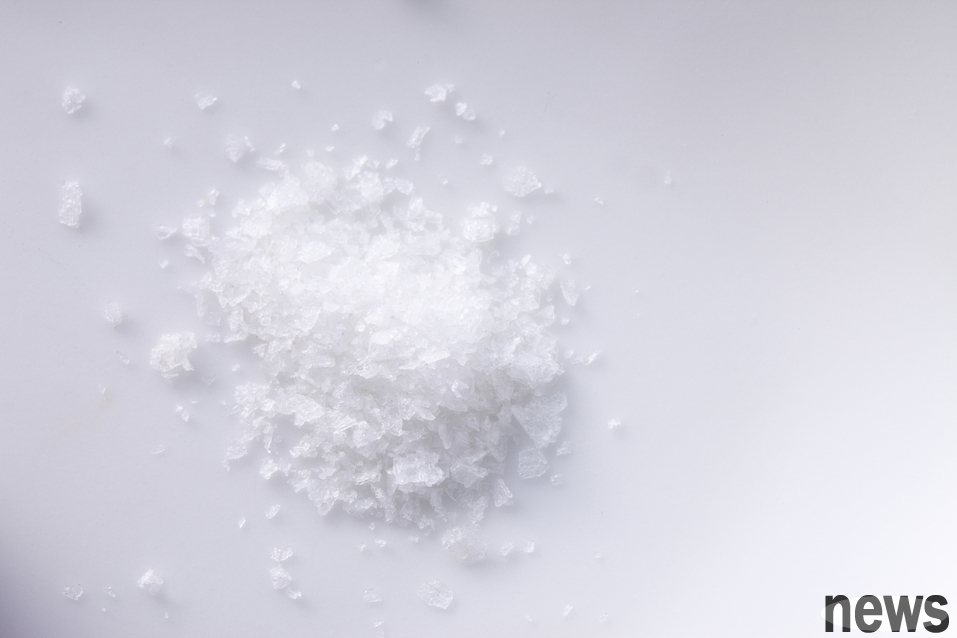The American Medical Association Journal JAMA published three papers on salt reduction (corner), two studies, and one edited review. Before introducing these three articles, I said that I have published many related articles, repeatedly pointing out...

The American Medical Association Journal JAMA published three papers on salt reduction (corner), two studies, and one edited review.
Before introducing these three articles, I said that I have published many related articles, repeatedly pointing out that although some people advocate high-salt diets, low-salt diets are truly beneficial to health.
Low-lift→ blood pressure drop 7
Chinese Dietary Guidelines 2022: Reducing salt
Suggest a low-salt diet. Should the disease be killed?
salt generation? Is it a life-threatening salt reduced by 12%
?
The US FDA issued a goal of reducing the price of salt, and the first new research paper published by JAMA, which was said by the iYA Nutrition Team, is Sodium Reduction Legislation and Urinary Sodium and Blood Pressure in South Africa.
The South African government has enacted a new law in 2013, which stipulates that by 2019, the maximum content of calcines in every 100 mg of food in the 13 processed food categories will be reduced by 25% to 80%. Whether this law has the effect of reducing national blood pressure is the goal of this research and exploration. The subjects of the study were 5059 adults 40 or older, with an average age of 62.43, while 2713 were women. The results found that from 2014 to 2022, the proportion of ideal calcines (less than 2 grams per day) in the study population increased from 7% to 17%, and for every gram of calcines, the contraction pressure decreased by 1.30 mmHg. The second new research paper published by JAMA is Salt Substitution and Recurrent Stroke and Death.
This study was conducted in 600 villages in northern China and finally included 15,249 Chinese patients (mean age 64.1; 6,999 women). They are randomly assigned to use salt substitutes (75% calcined chloride, 25% calcined chloride) or regular salt. During the 61.2 months of the median tracking period, the mean difference in contraction pressure was -2.05 mmHg, with a total of 2735 recurrent medium-wind events (691 fatal events and 2044 non-fatal events) and 3242 deaths were recorded. Compared with general salt groups, the medium-wind recovery rate of alternative salt groups is reduced by 14%. The impact on hemorrhagic media was greater (30% reduction). The mortality rate was reduced by 12%, which had a greater impact on Chinese wind-related deaths (21%).
Conclusion: Salt substitution is safe and can reduce the risk of mid-storm recurrence and death, which emphasizes the huge health benefits of increasing this low-cost intermediary precaution in mid-storm patients.
JAMA's newly published editorial review is Dietary Sodium- and Potassium-Enriched Salt Substitutes—The Tipping Point? (A dietary salt substitute rich in steaks and debris - turnover?)
The first paragraph is: Malcolm Gladwell proposed the concept of tipping point in 2000. Two studies published in JAMA Cardiology add new content to an increasing number of compelling evidence that it is beneficial to reduce calcifications in the general population and patients with or with high-risk vascular disease (in this study), in this study. Is this a turnover?
Recent notes: 6 hours after the article was published, reader Li-Yuan Chen left a message on his face: I think Taiwan has a high temperature and high humidity, and the amount of salt intake for each person should be adjusted to the amount of sweat and water to drink, rather than simply according to the recommended amount? !
So, I searched the prevalence of high blood pressure in Taiwan on the Internet. I saw that the hypertension issued by the Ministry of Fuli was not a patent for middle-aged and elderly people! The 360,000 Youth High Blood Pressure Army, nearly 240,000 people don’t know. One of the topics of the small section is: Controlling blood pressure starts with the amount of blood pressure in a healthy life and reducing diet.
Original text: Salt reduction is beneficial to health. Two latest studies have once again proved thatResponsible editor: Gu Zihuan